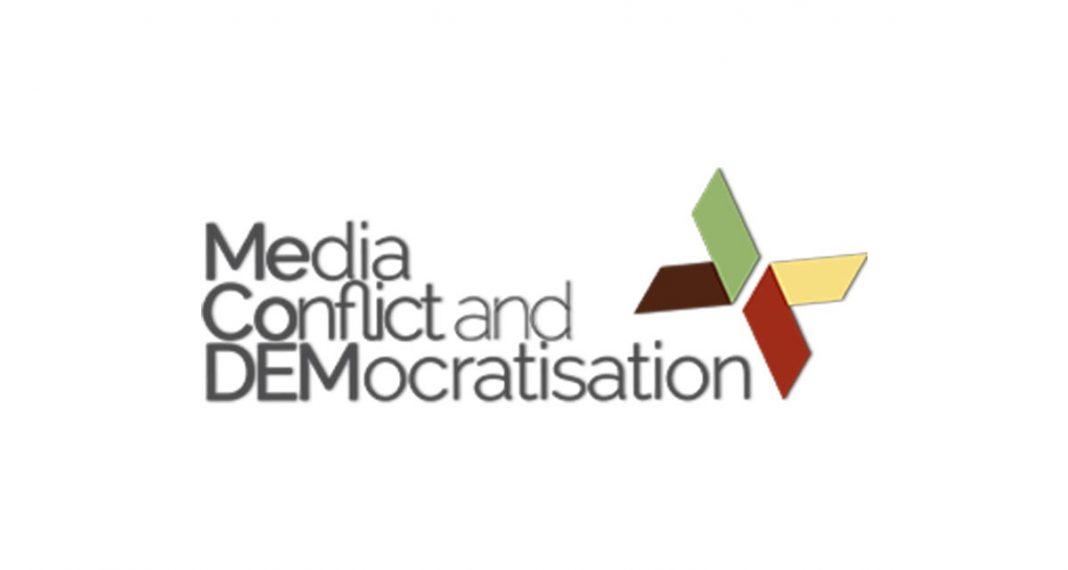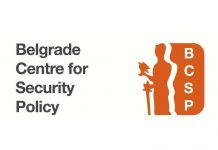FP7 – Media Conflicts and Democratization
The project ‘Media, Conflict and Democratisation’ investigates the role of traditional media and ICTs in conflicts that accompany and follow transitions from authoritarian rule to more democratic forms of government.
For our research we identify three main arenas of democratisation conflicts: constitutional conflicts, identity conflicts and citizenship, electoral conflicts and conflicts over transitional justice. As these are played out in the media, their dynamics – whether they escalate into open violence or whether a compromise between the adversaries can be found – depends to a large degree on how differences are communicated in the public arena.
A better understanding of the role of the media in these conflicts is therefore essential for developing effective communication interventions for conflict prevention and conflict management. In this project we argue that the media cannot be sufficiently understood in isolation, but have to be seen as part of an arena of public communication that is occupied by multiple actors, each of whom trying to shape the interpretations and outcomes of ongoing conflicts.
Therefore, the project also investigates how different conflict parties – governments, political parties, political activists – communicate during conflict situations and how and to what effect they use traditional media and new ICTs to achieve their goals. The proposed project will investigate the interplay between media and democratisation conflicts in Serbia, Kenya, South Africa and Egypt.
Donor: EU through its FP7 Program
Duration: 2014-2017
More information about the project and the consortium is available here.




